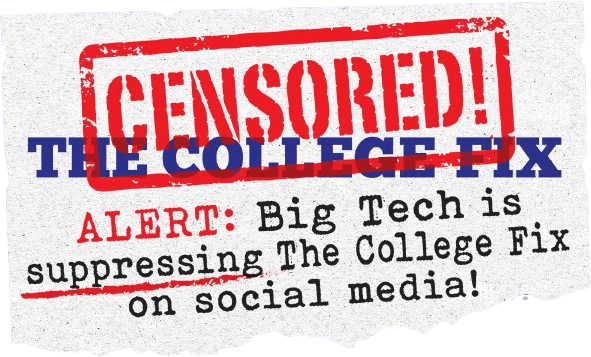Dartmouth College recently rolled out an “Institutional Restraint Policy,” becoming the latest Ivy League institution to install a guideline that calls on campus leaders to avoid weighing in on the hot-button political and social topics of the day.
In Dartmouth’s case, its new policy replaced its previous “Institutional Statements vs Individual Statements Policy” that had been active since 2022.
Of the eight Ivy Leagues, Harvard, Yale, Cornell, University of Pennsylvania, and now Dartmouth have now implemented policies “committing to the principles of institutional neutrality,” according to Heterodox Academy.
The academy maintains a list that shows 119 academic institutions have adopted such policies in recent years. They’re based on the 1967 Kalven report, a venerable document from the University of Chicago that spells out how universities should stay neutral on political and social issues.
While most universities call their statements “institutional neutrality,” Dartmouth took a slightly different approach.
Administrators were intentional in distinguishing the idea of “institutional restraint” from “institutional neutrality,” as the latter term implies that universities “should not have positions on social and political issues,” the Dartmouth student newspaper reported.
“We chose the word ‘restraint’ consciously,” Dartmouth’s Committee on Institutional Statements chair and Professor John Carey told the outlet. “We want to make it very clear that there are critical values that the institution supports and is committed to advancing.”
When faced with situations directly related to the university’s mission, school officials will “reaffirm Dartmouth’s core values,” the institutional restraint policy states.
In it, college leaders also reaffirmed their commitment to free speech and cultivation of an open-forum community.
“To provide space for diverse viewpoints to be raised and fully considered, Dartmouth should exercise general restraint in issuing institutional statements,” the statement continued.
Dartmouth’s President Sian Leah Beilock wrote in a Wall Street Journal op-ed: “Only when institutional neutrality and restraint are embedded throughout American higher education will it be possible for campuses to become true havens of constructive dialogue and free inquiry.”
Beilock addressed the new policy in a campuswide email Jan. 6, a copy of which was obtained by The Fix. The president acknowledged that while many would have questions or even disagree with the policy, the complaints would be “exactly [the] … kind of dissent [that] … the committee set out to protect.”
“This is how we preserve a learning environment where the best ideas prevail,” Beilock wrote, continuing on to reference the University of Chicago’s 1967 Kalven report.
Widely known in the academic world, the report argues that “the university is the home and sponsor of critics; it is not itself the critic.”
Campus free speech advocacy groups like Heterodox Academy, Academic Freedom Alliance, and the Foundation for Individual Rights and Expression all point to this report as a note-worthy model for universities to adopt.
“We agree and hope that more schools across the country follow Dartmouth’s lead,” wrote FIRE’s Senior Program Officer Ryan Ansloan in an email to The Fix. “As we’ve written before: semantics aside, the concept is clear: universities should refrain from taking political positions.”
The concept of institutional neutrality has received criticism, however—and from several angles. Professor Carey noted in The Dartmouth that the term has been “criticized,” as it implies that an institution should not advance a set of values. Other critics argue that neutrality does not go far enough.
“Until deans, department heads, faculty and students embrace intellectual and political diversity, institutional neutrality is no different than virtue-signaling,” San Diego State University English Professor Peter C. Herman wrote in an op-ed for Inside Higher Ed, noting that these policies are sometimes “a hollow gesture.”
“I prefer ‘restraint’ over ‘neutrality,’” Herman wrote in an email to The Fix, noting that the term ‘restraint’ reflects thoughtfulness, as opposed to professors “going off half-cocked about every issue.”
Herman also commended the new policy for its thorough approach, as Dartmouth’s restraint policy will apply not only to the dean, but also to “departments, programs, centers, and institutes,” the official statement reads.
Dartmouth’s media relations department and Professor Carey did not provide comments to The College Fix and instead pointed to already available public documents on the matter.


